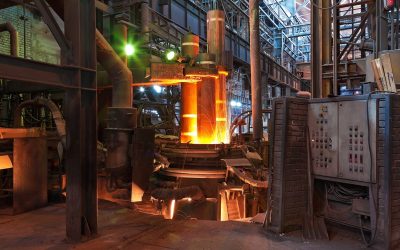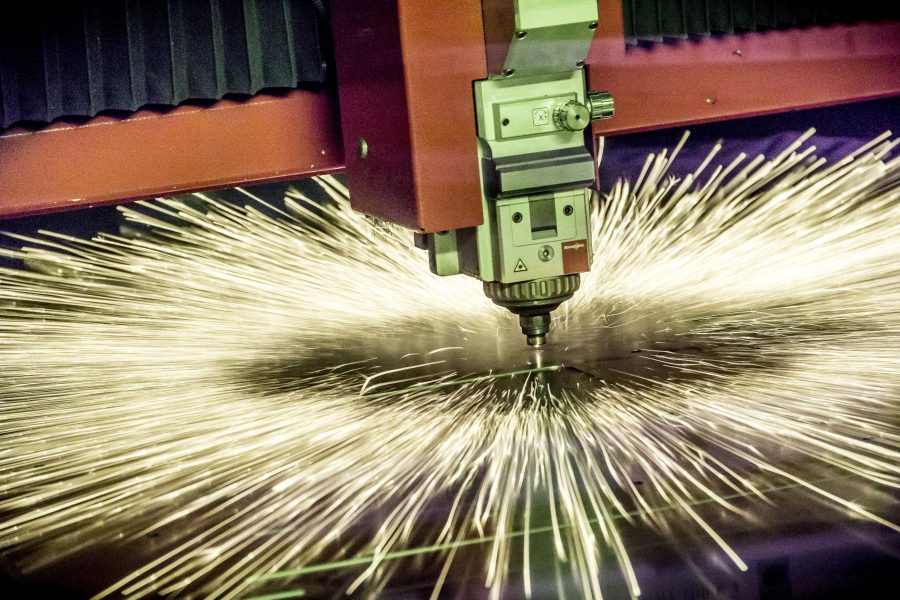Nickel alloys offer excellent heat and corrosion resistance. However, this kind of material is not that easy to machine. Here is helpful information for machining standard nickel alloys and superalloys like 718 ASTM B637-12. These tips can make machining easier and save you a lot of scrap and frustration.
Cutting Capacity
You can use most machines for turning and boring nickel alloys. However, when boring large diameter holes, you need plenty of power and heavy-duty machinery due to the hardness of the metal.
Insert Selection
High-speed steel tools are not recommended for cutting or milling. In fact, general purpose tungsten carbide is not usually the insert of choice. It’s important to check insert grade charts and choose cutting tools made for high-speed machining with nickel alloys. This is especially important for 718 ASTM B617-12 superalloys. In fact, many shops now use super hard materials like solid carbide, titanium alloys, and ceramic inserts.
Coolant
Most shops do not attempt to dry machine hard metals like nickel alloys. For CNC machining, vegetable oil type lubricants work well. However, for heavy-duty machining, you should consider petroleum-based cutting oils for the job. Choosing coolants is sometimes a “hit and miss” proposition, and you may need to experiment to find the perfect solution for each job. Also, some lubricants may work fine for boring and not work well for milling.
Drills
When working with one alloy type, use the same machining speeds for turning and boring, and keep feed rates low. Cobalt or carbide drills work best for applications like 718 ASTM B617-12. Some shops claim they can use HSS drill tools if they take it steady and slow. However, considering how fast most HSS tools wear when machining hard metals, it’s usually not cost-effective or worth the effort. For small jobs, HSS can work.

